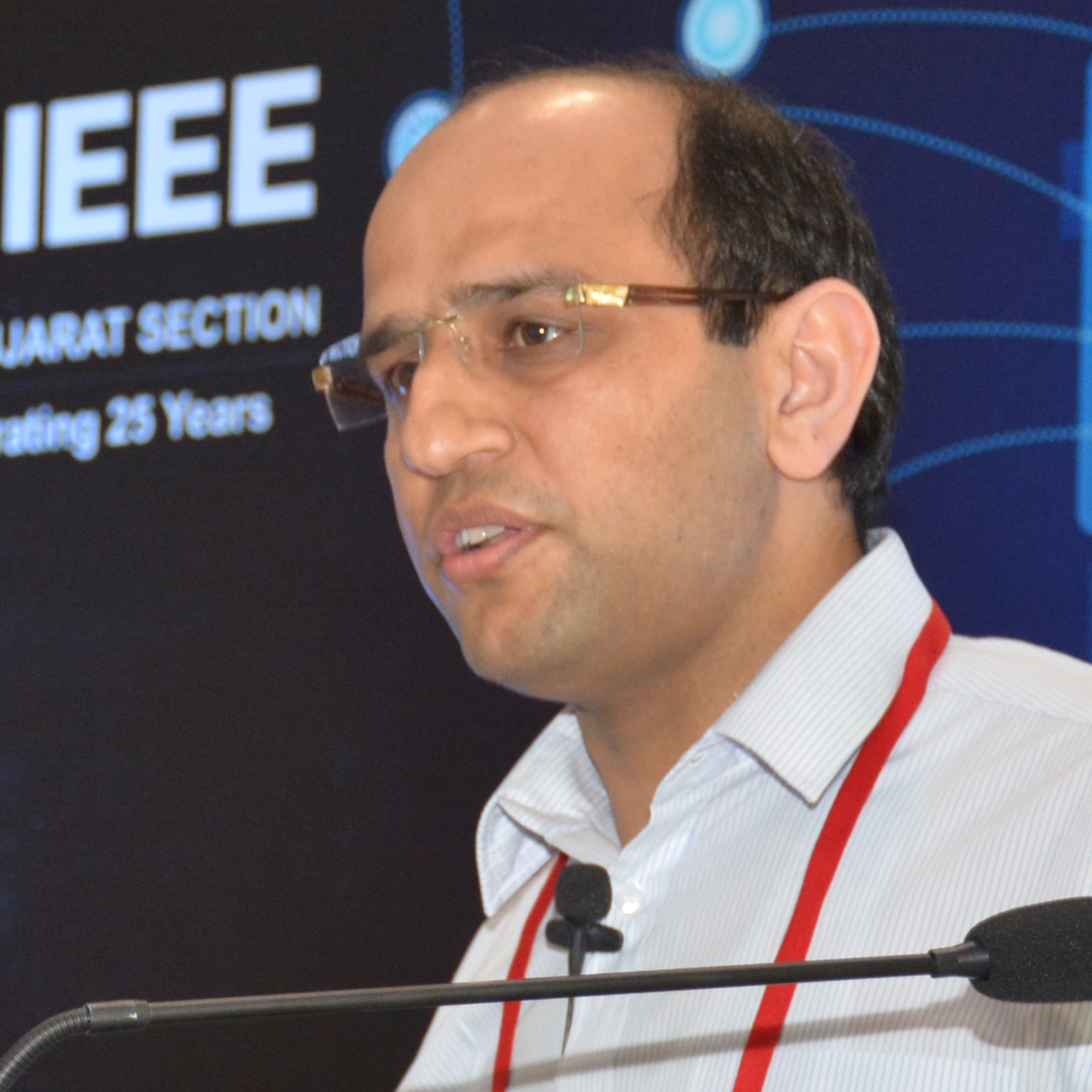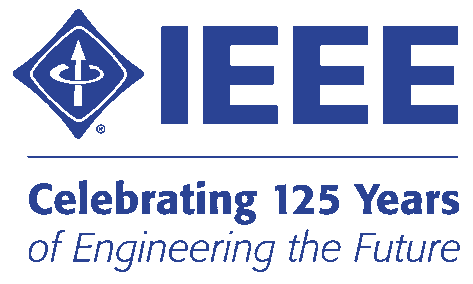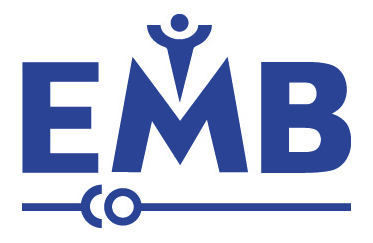| events | executive | news |
The EMBS Chapter of the IEEE Ottawa Section was recognized as the Best Ottawa Chapter in 2008, 2010, 2014, 2019, and 2022 and received the Outstanding Chapter Award from IEEE EMBS in 2011!
Large Area Electronic Skin

Dr. Ravinder Dahiya, IEEE Distinguished Lecturer
Reader and EPSRC (Engineering and Physical Science Research Council) Fellow, School of Engineering at University of Glasgow, UK
Leader, Bendable Electronics and Sensing Technologies (BEST) group
May 25, 2016 14:00 - 17:00
Mackenzie Building Room 4124, Carleton University
Cosponsored by EMBS, EMC, AESS and VTS Chapters
Paid parking available on campus.
Registration not required.
abstract
The microelectronics technology and subsequent miniaturization have improved our lives through revolutionized computing, communication. The exponential rate of advancement based on Moore's Law has been propelled by $1Tr of investment over 50 years. Recent advances in the field, pursued through "More than Moore" technology, are propelled by burgeoning fields such as wearable systems, and healthcare and biomedical applications. Often these applications require electronics and sensors over large areas and conforming to 3D surfaces. Therefore, arises the need for sensors and electronics on unconventional substrates such as plastics and even paper. The sensitive electronics systems on large areas (larger than the traditional wafers) and stretchable substrates are other related developments, which will open new application avenues such as intelligent robotics enabled by conformable electronic skin wrapped around the body of a robot. An example of one such tactile or electronic skin for humanoid robot is shown in the figure.
This lecture will present various approaches (over different time and dimensional scales) for obtaining distributed electronics and sensors on flexible and conformable substrates, especially in context with tactile or electronics skin. The lecture will begin with recent developments such as using off-the-shelf sensors and electronic components on flexible printed circuit boards to obtain large area tactile skin for robots and wearable systems. This will be followed by various alternatives being explored today (e.g. printing of nanowires, and ultra-thin chips, etc.) and the potential challenges and success on various time scales. The lecture will conclude with a discussion on how the field and associated technologies may evolve in the future with new applications such as disposable solutions for health monitoring or skin-on-objects as enabler for emerging internet of things and smart cities and mobile health applications.
The research covered in this lecture has been supported by EPSRC and European Commission through following projects - PRINTSKIN, CONTEST, and FLEXELDEMO.
biography
Dr. Ravinder Dahiya is Reader and EPSRC (Engineering and Physical Science Research Council) Fellow in the School of Engineering at University of Glasgow, UK. He is the leader of Bendable Electronics and Sensing Technologies (BEST) group, which conducts fundamental research on high-mobility materials based flexible electronics and electronic skin, and their application in robotics, prosthetics and wearable systems.
His multidisciplinary research interests include Flexible and Printable Electronics, Electronic Skin, Robotic Tactile Sensing, and Wearable Electronics. He has published more than 130 research articles, 4 book (3 at various publication stages) and 5 patents (including 3 submitted). He has led many international projects funded by many agencies including European Commission, EPSRC, The Royal Society and The Royal Academy of Engineering.
He is the Distinguished Lecturer of IEEE Sensors Council and is on the Editorial Boards of IEEE Transactions on Robotics and IEEE Sensors Journal. He has been guest editor of 4 Special Journal Issues. He represents IEEE Robotics and Automation Society in the Administrative Committee (AdCom) of IEEE Sensors Council. He was General Chair of IEEE PRIME 2015 and is the Technical Program Chair for 2017 IEEE Sensors Conference. He is the founding chair of the UKRI section chapter of IEEE Sensor Council.
Dr. Dahiya holds prestigious EPSRC Fellowship. In past he received Marie Curie Fellowship and Japanese Monbusho Fellowship. He was awarded with the University Gold Medal and received 2 best paper awards and 2 second best paper awards (as co-author) IEEE international conferences.
Last updated May 11, 2016


